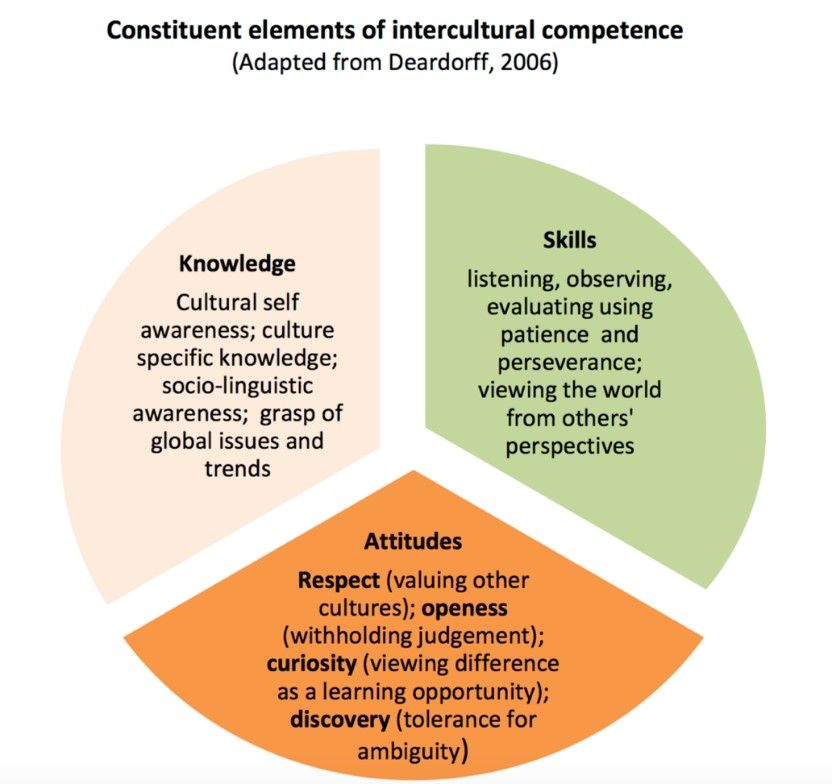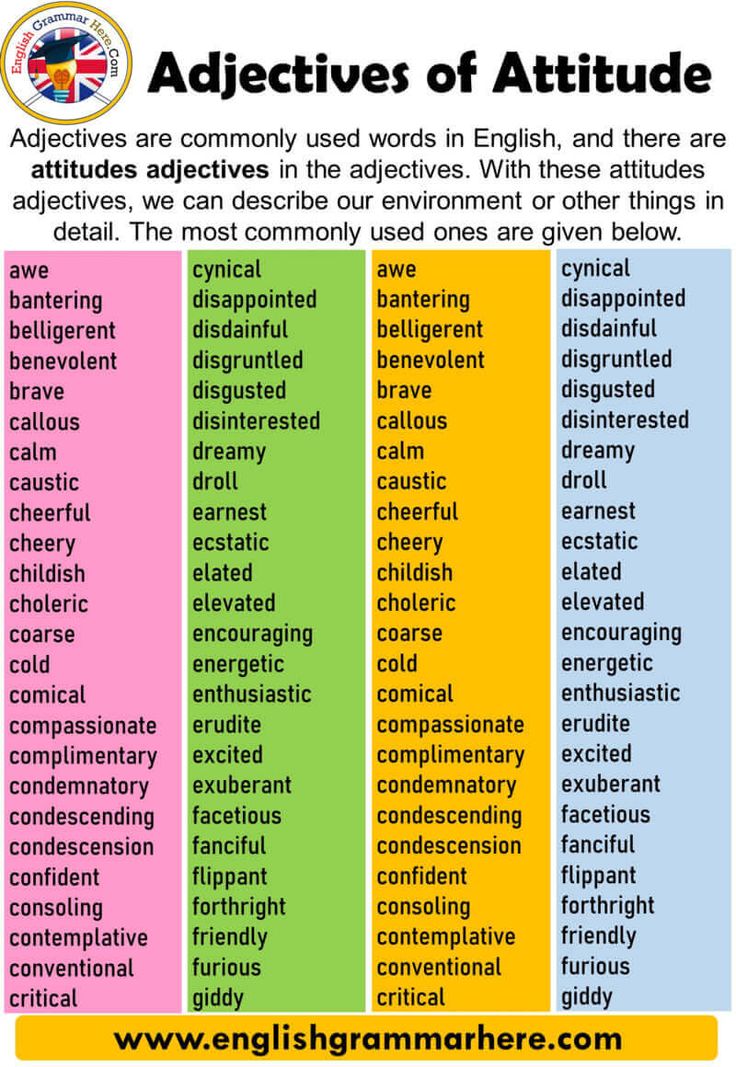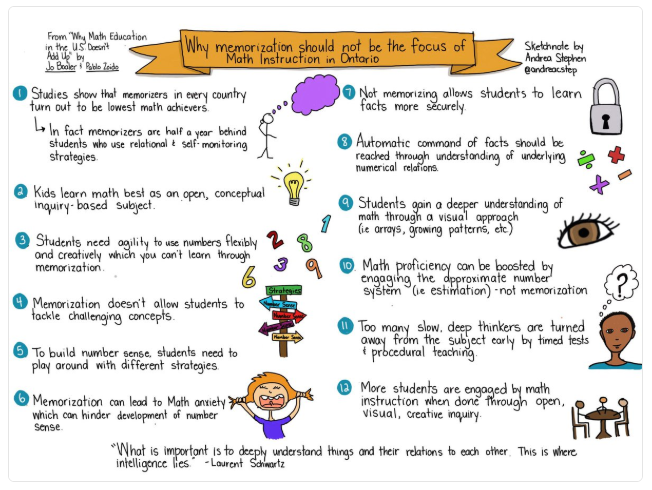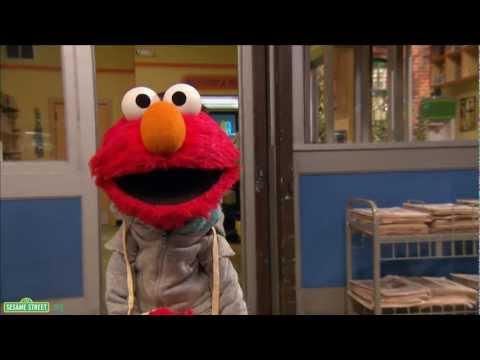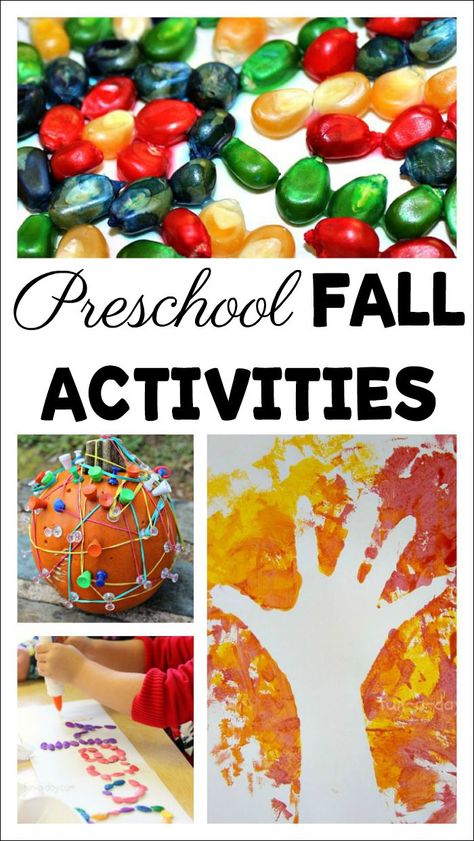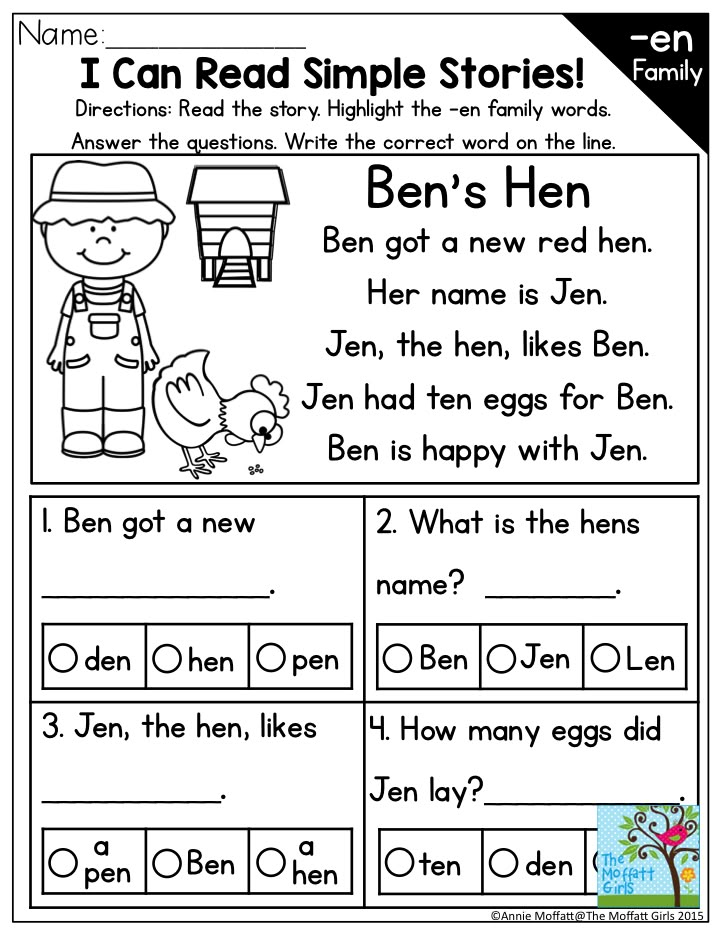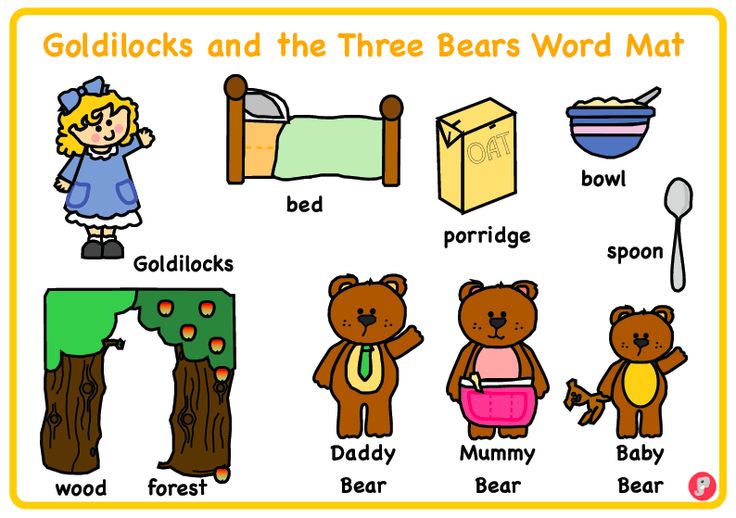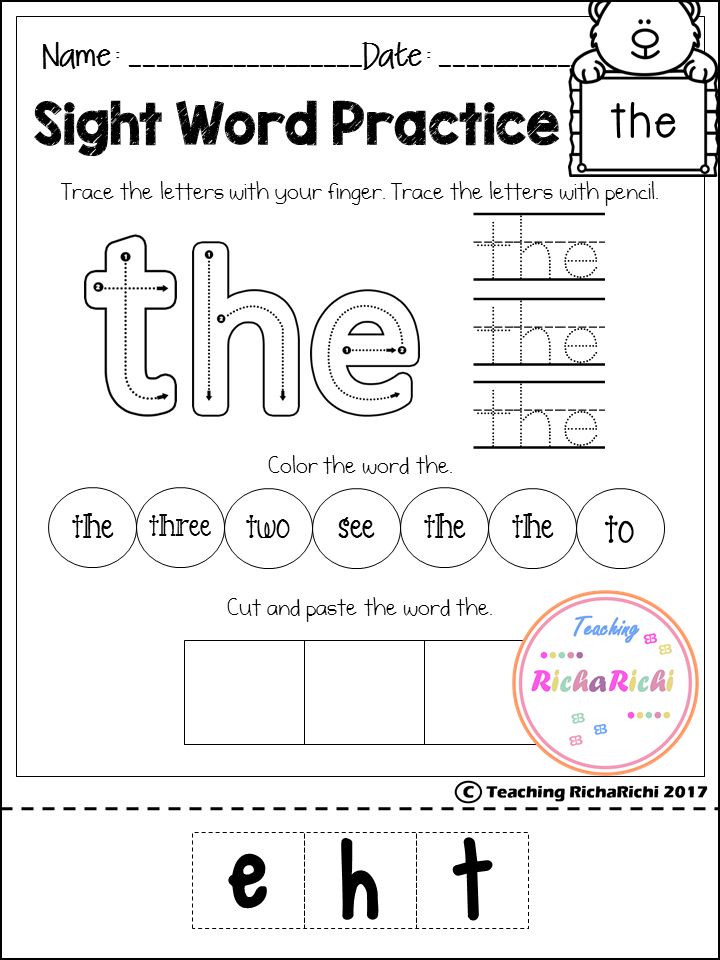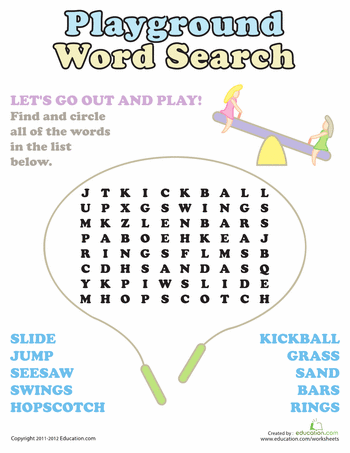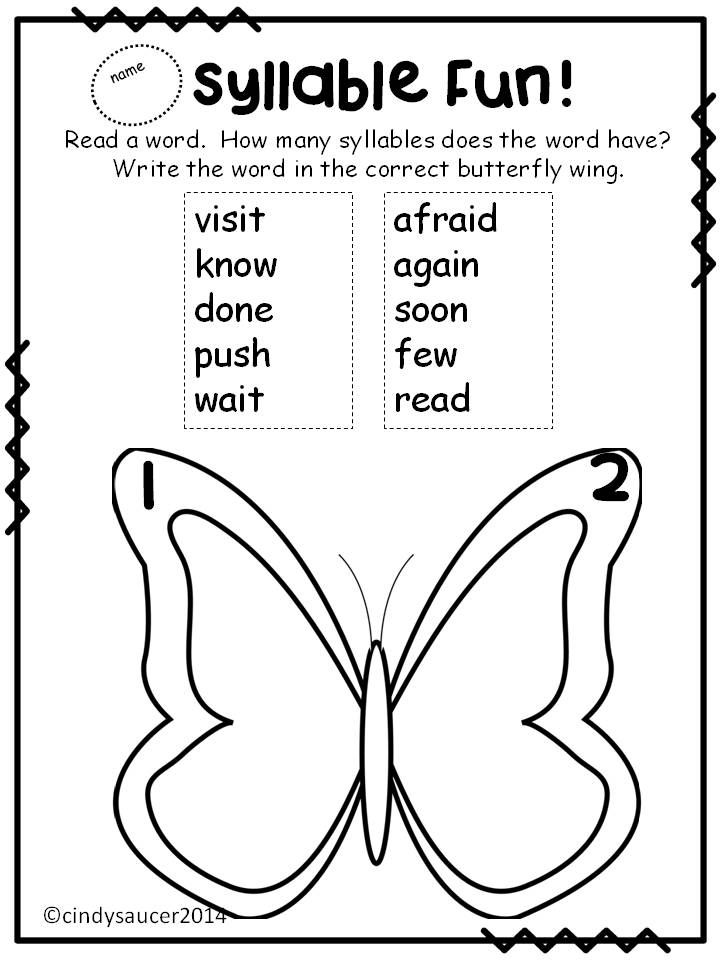Importance of social skill
What Are Social Skills? & Why Are Social Skills Important?
How to define social skills, not to be confused with social competence, can be complicated. As just one component necessary for social competence, social skills are the foundation of connecting with others! Let's dive deeper into why they are essential and how to develop them in toddlers and preschoolers.
What Are Social Skills?
Basically, social skills are the tools we use to communicate, interact, and build healthy relationships. Furthermore, social skills are interdependent with emotional skills, and together, they create social-emotional skills. Also, social-emotional learning skills both influence and build on one another. For example, your emotions affect how well you relate to others.
Social and emotional development requires an extensive set of skills for success. To begin with, a child learns to identify, express, and self-regulate their emotions. This includes utilizing emotional vocabulary to voice their feelings. Additionally, using nonverbal cues like gestures, facial expressions, and body language.
Similarly, social-emotional development includes the awareness and appreciation of others' emotions. This is where children learn to feel empathy. For example, understanding that a friend is sad and comforting them.
Furthermore, it is about exploring, experiencing, and interacting with their environment. This includes your child's ability to adjust their reactions and behavior to a specific social situation. For instance, learning to be quiet in a library or church.
Most important social-emotional development is all about relationships. Building and maintaining positive connections with family and friends is critical. As kids interact more with other children and adults, they increase and improve their social skills.
To simplify matters, we will refer to social skills and social-emotional skills interchangeably throughout the remainder of the article.
Examples Of Social Skills
Social-emotional development includes a set of skills that are key to having and maintaining healthy relationships.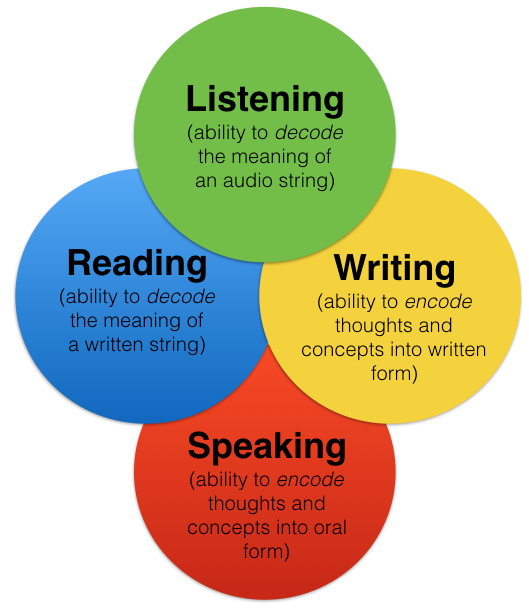 The ability to balance personal needs and wants while appropriately getting those needs met is essential. Below are some examples of social and emotional skills for toddlers and preschoolers.
The ability to balance personal needs and wants while appropriately getting those needs met is essential. Below are some examples of social and emotional skills for toddlers and preschoolers.
Social And Emotional Skills:
- Appropriately Asks For Help
- Awareness of Others' Feeling
- Begins to Understand and Follow Rules
- Cooperates
- Displays Affection to Familiar People
- Follows Directions
- Listens
- Make Friends
- Makes Eye Contact
- Positive Self-Image
- Pride In Accomplishments
- Protects Themselves
- Puts Their Feeling Into Words
- Respects Personal Space
- Shares
- Takes Turns
- Uses Manners
These social and emotional skills are the foundation of your child's acceptable social behavior.
Why Are Social Skills Important?
Ultimately, we all desire to live in a harmonious society; of course, we also want this for our children.
Social and emotional skills are imperative in helping children adapt and become comfortable in social situations.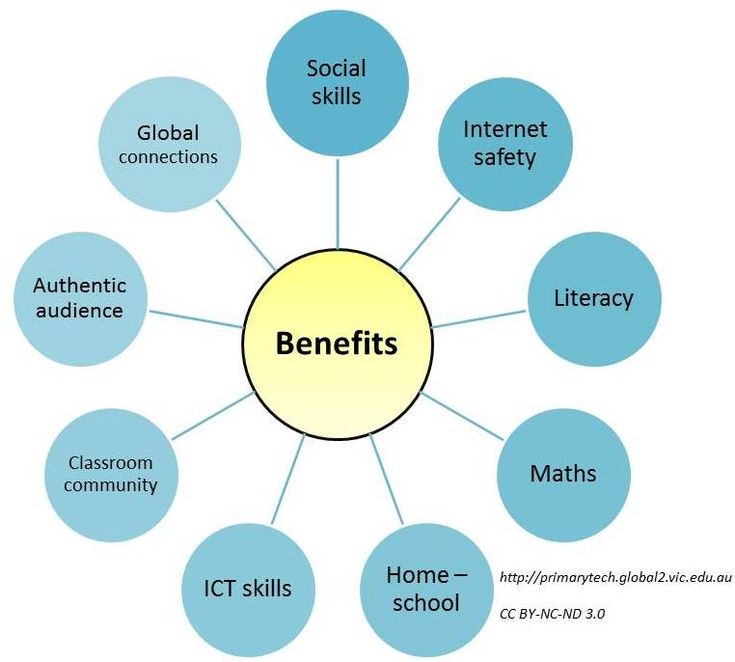 As a matter of fact, they develop feelings of pride, confidence, trust, affection, humor, and friendship. Having excellent social skills makes both getting along with others and becoming more independent easier. Friendships and peer relationships are more enjoyable and stronger, with good social skills.
As a matter of fact, they develop feelings of pride, confidence, trust, affection, humor, and friendship. Having excellent social skills makes both getting along with others and becoming more independent easier. Friendships and peer relationships are more enjoyable and stronger, with good social skills.
Many studies support the long term outcomes of developing social-emotional skills at an early age. As adults, they become better equipped to handle stress and get through tough times. However, short-term benefits are relevant too. It is not just about social acceptance and being well-behaved. Above all, it is about relationships. Childhood friendships are beneficial to mental health and allow kids to practice their social skills.
Parents play an essential role in nurturing their children's social and emotional development since children are not born with these skills. Surprisingly, teaching social and emotional skills to your child is more than just good manners. Children need to grasp how to be good listeners, make eye contact, follow directions, exhibit self-control, and not interrupt conversations.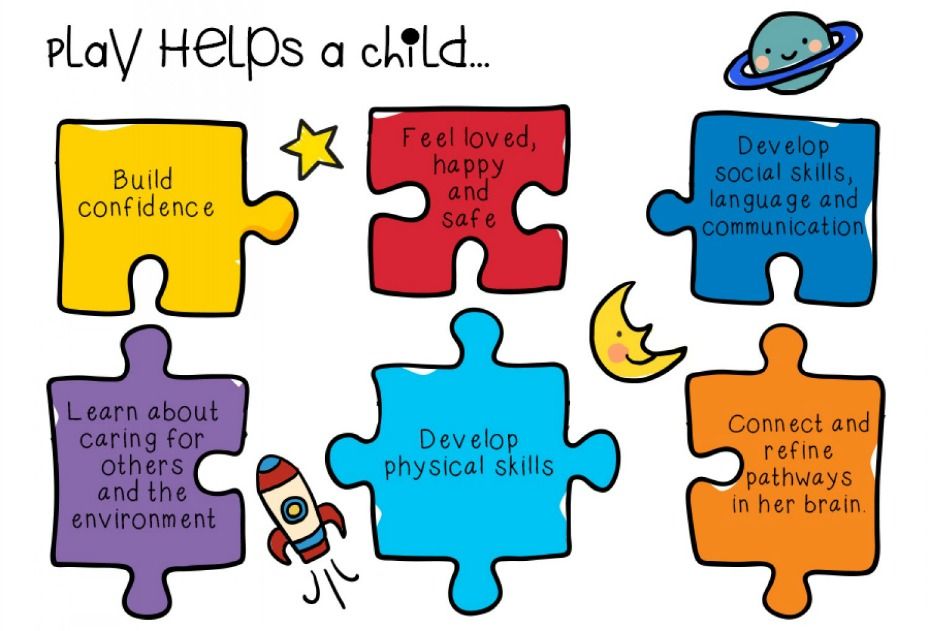 Effective teaching of social-emotional skills usually occurs when you interact and play with your child.
Effective teaching of social-emotional skills usually occurs when you interact and play with your child.
Social And Emotional Development In Early Childhood
Children grow and develop at an unbelievable rate during the first five years of life. As a parent, you are vital to developing social and emotional skills in the early years. Most importantly, your engagement models communication and interaction for your child.
For example, they watch how you respond to their emotional and social needs. Do they feel safe? Are their needs being met? Furthermore, by emulating your behavior and how you treat others, they learn empathy.
One of the easiest ways to model good social skills is to play with your child. During play, your child builds cooperation, learns self-control, and increases empathy. Developing social-emotional skills requires time and continual practice. Look for occasions where you can help kids improve their social skills, starting with the basics.
Fred Rogers of Mister Rogers' Neighborhood, was instrumental in teaching kids vital social and emotional skills that are still relevant to adults today.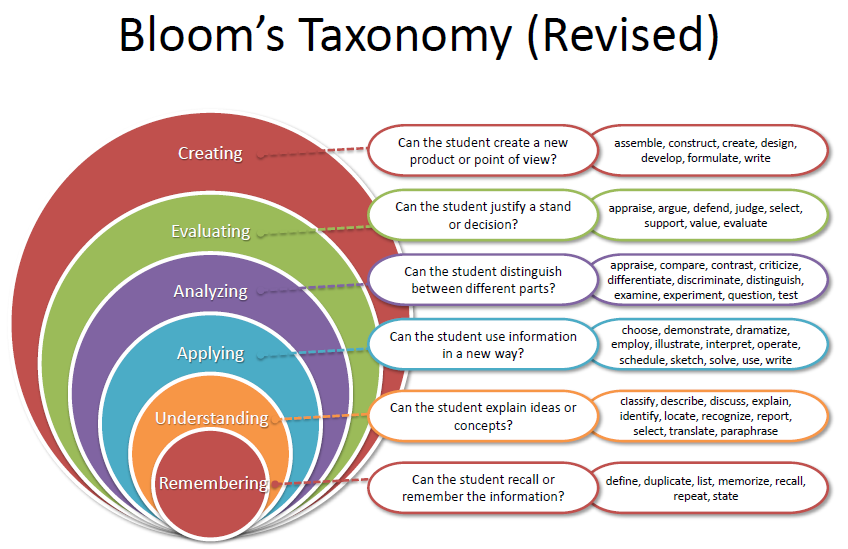
"When we can talk about our feelings, they become less overwhelming, less upsetting, and less scary." - Fred Rogers
How To Develop Social And Emotional Skills In Toddlers
Developing social-emotional skills for toddlers can be exhausting. Toddlers are still going to have temper tantrums and push the boundaries, both normal and healthy. It is how they eventually manage those feelings, match the appropriate level of emotion, and calm down. Here are some social-emotional activities for toddlers to help you develop their skills.
- Find ways to acknowledge your toddler's good behavior. Such as, when they share something with a sibling or friend. Say things like, "That was very thoughtful of you to let your sister play with your blocks."
- Use positive statements when talking to your toddler. For instance, "Please help me put away your blocks?" rather than "Go put your blocks away."
- Toddlers have BIG emotions. So, help them talk through what they are feeling and how to express those feelings.
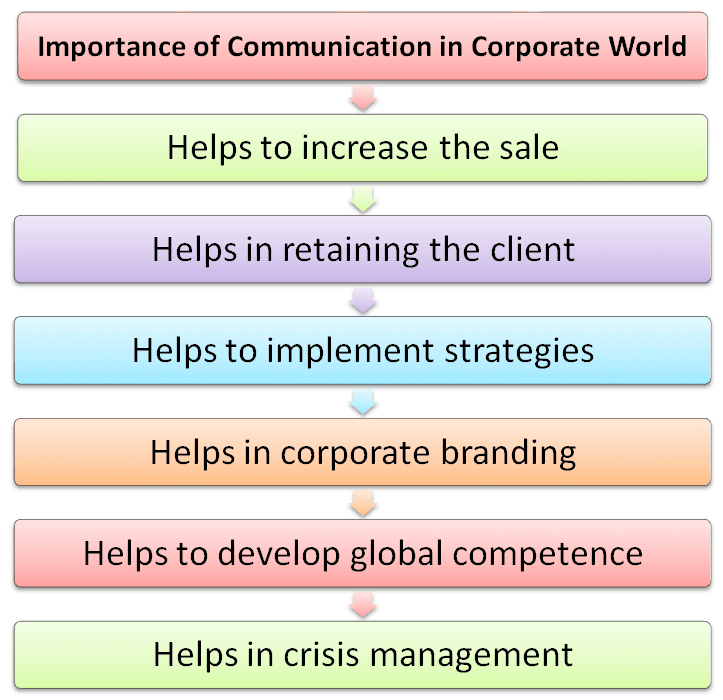
- Include daily play in your toddler's routine. For example, if you have to go to the dry cleaners, why not allow some time to stop at the park. Also, set up playdates for interaction with other children. Play is imperative to happiness and building relationships.
Social And Emotional Development In Preschoolers
Understanding and developing social skills for preschoolers can be complicated. For example, kids have to be able to lose without a tantrum before they can be a "good sport." Or know when and how to be assertive, like if a friend is getting pushed around by other kids. Here are some social-emotional activities for preschoolers you can use to develop their skills.
- Show love using your words and physical affection to model appropriate affection with others.
- Choices are the name of the game! When possible, allowing your child to make choices is vital to developing social skills. For instance, allow them to choose whether they want the green cup or the blue cup today.
 Making choices builds independence, confidence, and a healthy self-image.
Making choices builds independence, confidence, and a healthy self-image. - Engage in pretend play. It helps children practice social skills by discerning what to say in a variety of situations. For example, you could make-believe your going to get ice cream. Pretend to be the person scooping the ice cream or the cashier. Imagine what you would say. Help your child decide how to respond. This gives your preschooler real-life experiences in a safe environment.
- Preschoolers love to help! So, by giving your child some responsibilities like simple household chores, you can build prosocial skills. For instance, preschoolers can help take their dirty dishes to the sink. Or help bring in and put away the groceries.
- Demonstrate examples of trust, both with your child and other relationships.
- Use social stories to illustrate difficult social-emotional skills that may be confusing. A good example is when to be assertive and speak up to protect themselves or others.
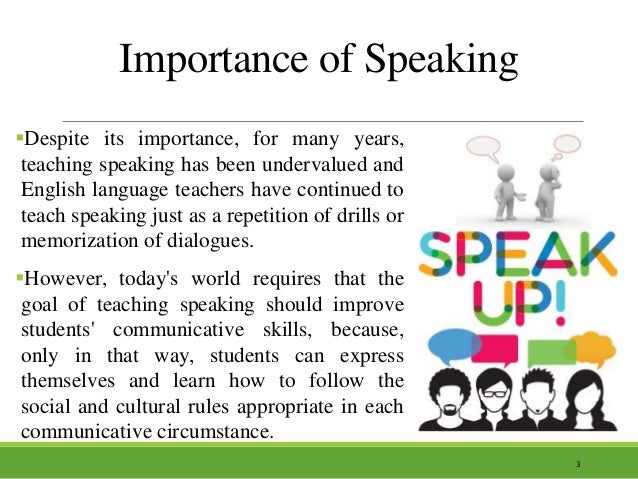
The Role Of Play In Social Development
Do you remember when preschools and traditional kindergartens had block play areas? The were always next to the play kitchen and the dress-up space. As a matter of fact, these play areas were vital to developing social and emotional skills in the early years.
Did you know that play and social-emotional development go hand and hand? As it turns out, block play supports social-emotional development and aids physical and cognitive development. Furthermore, pretend play is not only interactive but fun. It gives kids opportunities to try on different roles, preparing them for social situations.
What social-emotional skills are enhanced through play? Children come by play naturally. Children at play, they learn how to regulate their feelings and use self-control. While at the same time building self-esteem, self-confidence, and their sense of autonomy.
Play and social development help kids to express themselves and learn to make good choices.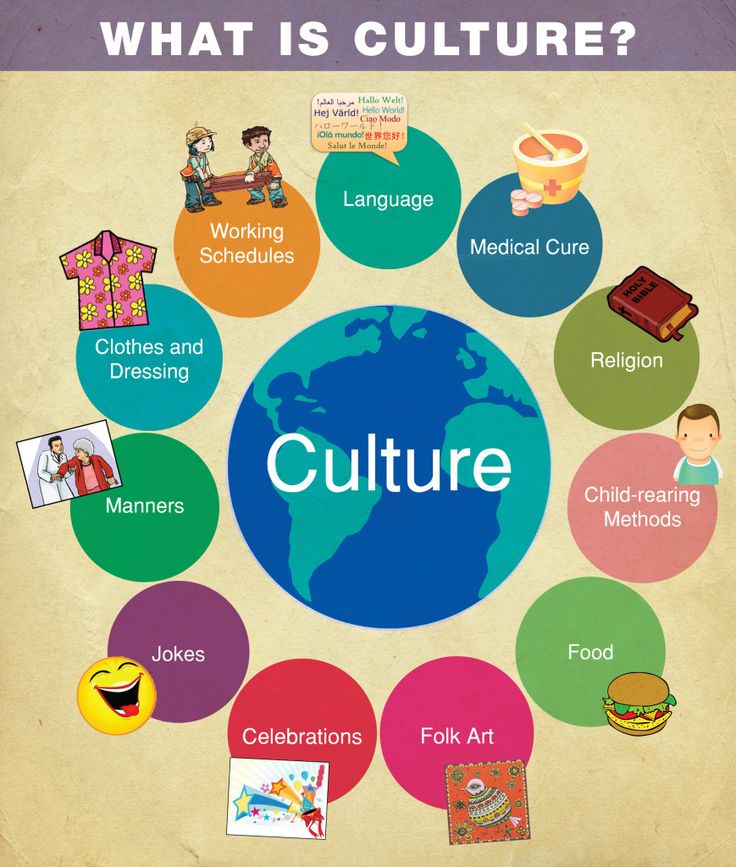 Like a moral compass, they develop character traits. For example, they learn to be respectful, trustworthy, responsible, fair, and kind.
Like a moral compass, they develop character traits. For example, they learn to be respectful, trustworthy, responsible, fair, and kind.
Social and emotional development through play should not be overlooked. Through play, children connect with others, learning to process their emotions.
"The ability to play is critical not only to being happy but also to sustaining social relationships and being a creative, innovative person." - Dr. Stuart Brown
Provide The Right Tools For Developing Social Skills
Make readily available both open-ended toys and household items. Things like wooden stacking blocks, balls, play-dough, or wooden spoons are ideal. They spark imaginative play, social play, and are essential to group play. With their no "right" way to play, they provide hours of exploration and discovery for your children. Below is a sample of some toys that promote social development.
- Wooden Toy Blocks
- Art and Crafts
- Magnetic Tiles
- Pretend Play Clothes and Props
- Giant Building Blocks
One of the first encounters a child has playing with others is block play.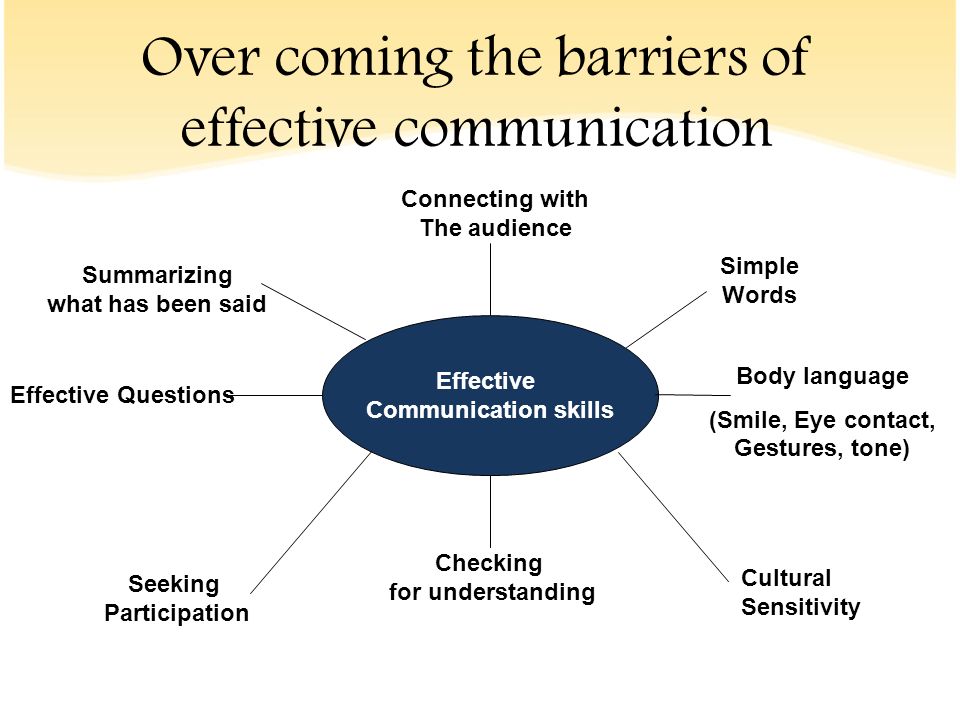 Whether they build together or alongside one another, they must share, take turns, and respect others' personal space. Additionally, working in small groups requires them to cooperate, negotiate, and compromise. For example, what if they both want the same block?
Whether they build together or alongside one another, they must share, take turns, and respect others' personal space. Additionally, working in small groups requires them to cooperate, negotiate, and compromise. For example, what if they both want the same block?
Furthermore, building a structure together requires children to work towards a common goal. What will they build? How will they make it? What is the role of each child? The collaboration will be a give and take. Sit back and watch them navigate these issues; it will be like a front-row seat at the theater!
Finally, playing games give children the experience of winning and losing, understanding rules, and playing fair.
Are Your Child's Social And Emotional Skills Progressing?
Positive social and emotional development is critical to our children's health and happiness. However, not addressed as often as their physical and cognitive development. We forget how necessary these skills are to the well-being and life-long success of our children.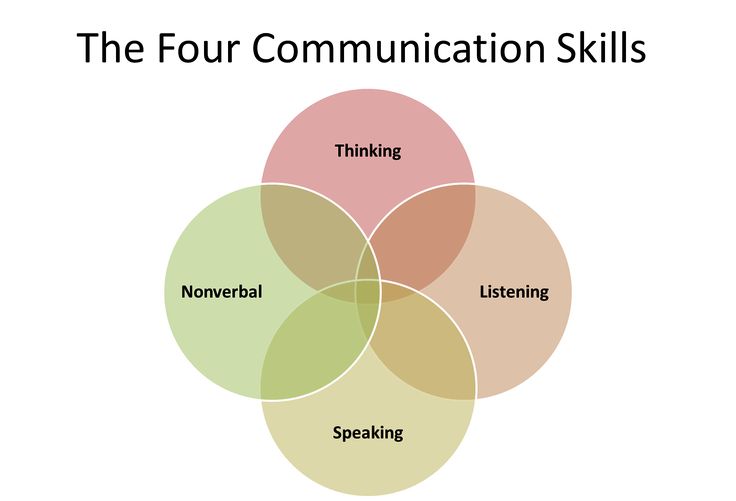 So for guidance, we have provided a list of social-emotional milestones. Try to remember, this is intended for informational purposes only. Some children may accomplish them earlier and others later. However, please contact your pediatrician if you feel your child is not progressing accordingly.
So for guidance, we have provided a list of social-emotional milestones. Try to remember, this is intended for informational purposes only. Some children may accomplish them earlier and others later. However, please contact your pediatrician if you feel your child is not progressing accordingly.
2-Year-Old Social Skills
- Awareness of Self as Separate from Other Children
- Begins to Show Defiant Behavior
- Enjoys the Company of Other Children
- Episodes of Separation Anxiety
- Expresses Anxiety or Fear
- Imitates Adults and Friends
- Increasing Independence
- Likes Pretend Play
- Plays Alongside Other Children
3-Year-Old Social Skills
- Easily Separates from Parents
- Exhibits a Wide Range of Emotions
- Focuses on Personal Needs - Appears "Selfish"
- Greater Independence
- Imitates Complex Tasks of Others
- Increasingly Inventive Fantasy Play
- Interested in New Experiences
- Likes Routines – May Get Upset with Change
- Negotiates Solutions to Problems
- Openly Shows Affection for Friends
- Shows Concern for A Crying Friend
4-Year-Old Social Skills
- Articulates Likes and Dislikes
- Cooperates with Other Children
- Enjoys New Things
- More Creative with Imaginative Play
- Often Cannot Distinguish Between Fantasy and Reality?
- Plays "Mom and "Dad"
- Prefers Play with Other Children Than Alone
- Shows More Independence
- Uses Words to Communicate Needs
- Works Through Conflicts with Others
5-Year-Old Social Skills
- Aware of Gender
- Comprehends the Difference Between "Real" and "Pretend"
- Desires to be Like Friends
- Develops Friendships - Maybe a "Best Friend.
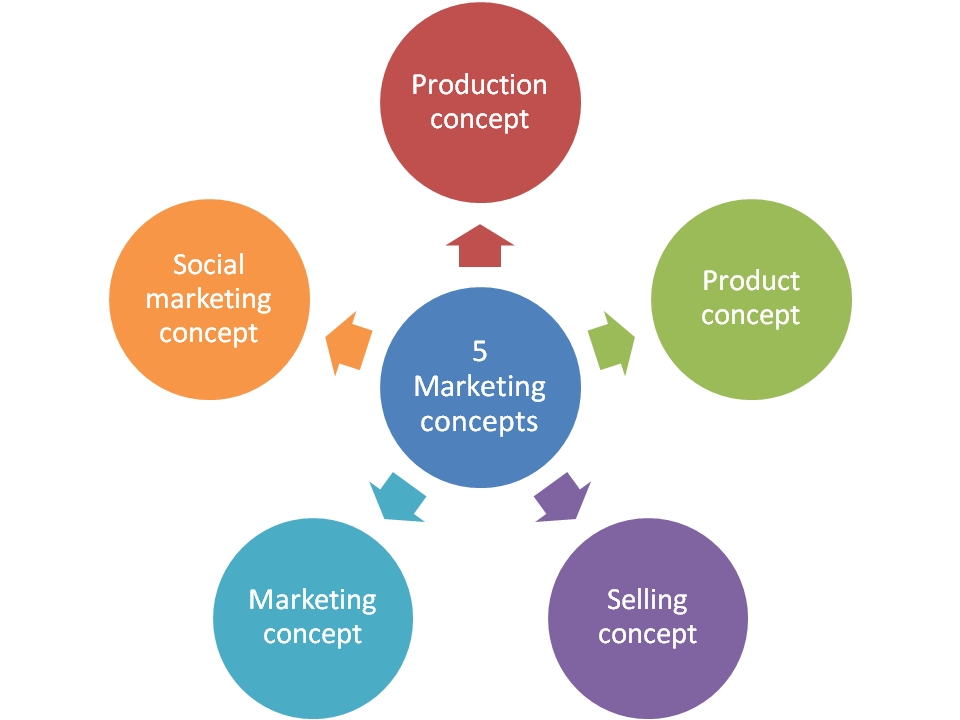 "
" - Follows the Rules More Easily
- Gender-Specific Play
- Boys are More Likely To Engage In Rough and Tumble or Physical Play
- Girls are More Likely to Engage in Social or Imaginative Play
- Likes to Dance, Sing, and Act
- Recognizes and Responds to Others' Feelings
- Sometimes Demanding and Sometimes Cooperative
- Wants to Please Friends
A child's positive relationship with caring and trusting adults is vital to successful social and emotional development. Why not grab a set of wooden building blocks, or some play-dough and start building connections!
Social Skills - Kid Sense Child Development
What are social skills?
Social skills are the skills we use everyday to interact and communicate with others. They include verbal and non-verbal communication, such as speech, gesture, facial expression and body language. A person has strong social skills if they have the knowledge of how to behave in social situations and understand both written and implied rules when communicating with others. Children with a diagnosis of Autism Spectrum Disorder (ASD), Pervasive Developmental Disorder (Not Otherwise Specified) and Asperger’s have difficulties with social skills.
Children with a diagnosis of Autism Spectrum Disorder (ASD), Pervasive Developmental Disorder (Not Otherwise Specified) and Asperger’s have difficulties with social skills.
Why are social skills important?
Social skills are vital in enabling an individual to have and maintain positive interactions with others. Many of these skills are crucial in making and sustaining friendships. Social interactions do not always run smoothly and an individual needs to be able to implement appropriate strategies, such as conflict resolution when difficulties in interactions arise. It is also important for individuals to have ’empathy’ (i.e. being able to put yourself into someone else’s shoes and recognise their feelings) as it allows them to respond in an understanding and caring way to how others are feeling.
What are the building blocks necessary to develop social skills?
- Attention and concentration: Sustained effort, doing activities without distraction and being able to hold that effort long enough to get the task done.
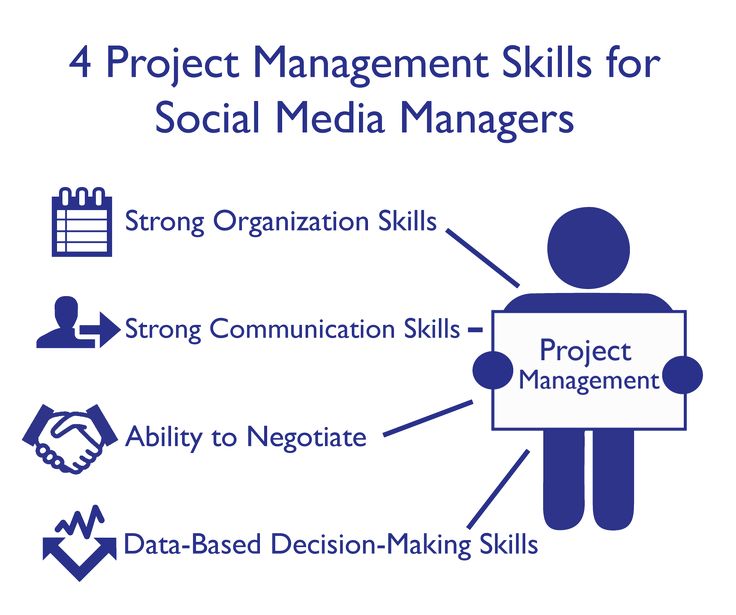
- Receptive (understanding) language: Comprehension of language.
- Expressive (using) language: The use of language through speech, sign or alternative forms of communication to communicate wants, needs, thoughts and ideas.
- Play skills: Voluntary engagement in self motivated activities that are normally associated with pleasure and enjoyment where the activities may be, but are not necessarily, goal oriented.
- Pre-language skills: The ways in which we communicate without using words and include things such as gestures, facial expressions, imitation, joint attention and eye-contact.
- Self regulation: The ability to obtain, maintain and change one’s emotion, behaviour, attention and activity level appropriate for a task or situation in a socially acceptable manner.
- Executive functioning: Higher order reasoning and thinking skills.
- Planning and sequencing: The sequential multi-step task or activity performance to achieve a well-defined result.
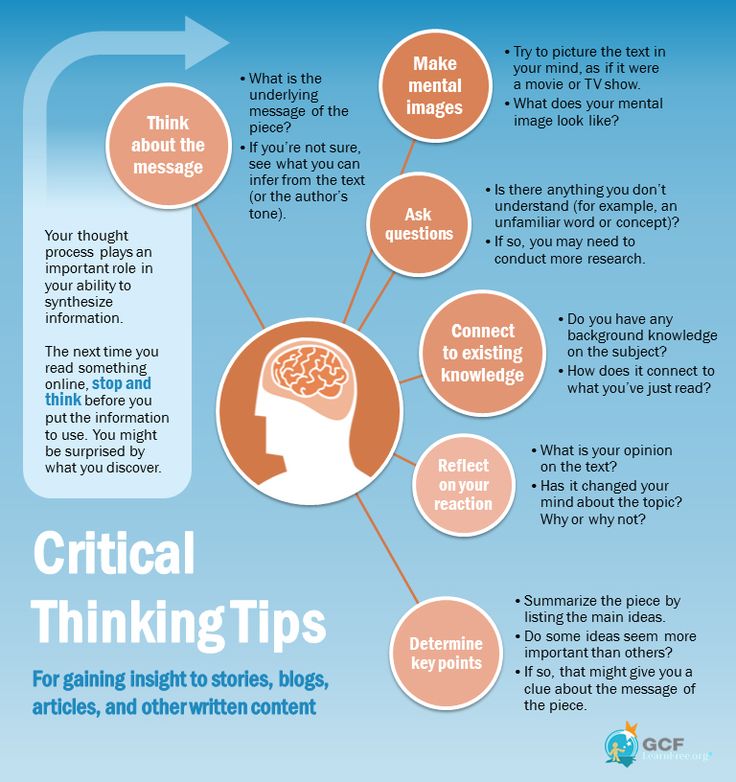
How can you tell if my child has problems with social skills?
If a child has difficulties with social skills they might:
- Use fleeting eye contact, does not consistently use eye contact or stares at you fixedly.
- Not be able to take turns when talking to their communication partner.
- Struggle with using appropriate body language (e.g. stands too close/far to another person).
- Fail to use polite forms of communication (e.g. saying: please, thank-you, hello and good-bye).
- Be unable to start and end conversations appropriately.
- Interrupt others frequently.
- Be unable to maintain a topic of conversation and provides irrelevant comments during a conversation.
- Talk ‘at you’ in a conversation as opposed to engaging in a two way conversation ‘with’ you.
- Not ask appropriate questions.
- Repeat information in conversation and tend to talk about topics of their own interest (e.g. trains, a favourite TV show/person).

- Show little or no interest in what the other person has to say.
- Fail to understand jokes and language, such as sarcasm, idioms and non-literal information (e.g. ‘This place is a pig sty!’).
- Interpret what you say in a very literal way (e.g. when you say “Can you open the door?” the child “yes” without moving to actually open the door).
- Talk with unusual speed, stress, rhythm, intonation, pitch and/or tone of voice.
- Be unable to understand different tones of voice or read facial cues.
- Fail to ask for clarification if they are confused or if the situation is unclear to them.
- Struggle to respond appropriately when asked to change their actions.
- Tend to disclose (excessively) personal information to unfamiliar people or strangers.
- Appear unaware of others and fail to read other people’s feelings based on their verbal and non-verbal cues.
- Be unable to respond to teasing, anger, failure and disappointment appropriately.
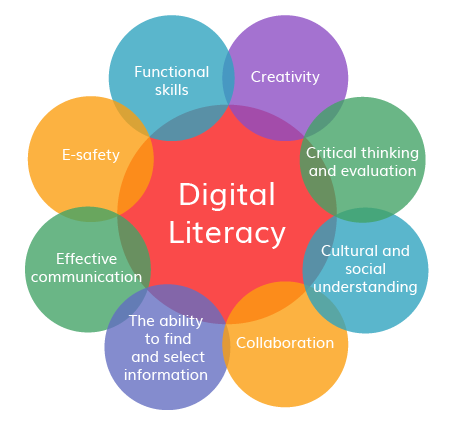
- Be unable to adjust or modify their language appropriately according to the communication situation.
- Lack empathy (i.e. is not able to imagine what it is like to be somebody else or in their situation).
- Lack imagination.
- Appear self-centred.
- Fail to understand the consequences of their actions.
What other problems can occur when a child has social skill difficulties?
When a child has social skill difficulties, they might also have difficulties with:
- Behaviour: The child’s actions, usually in relation to their environment (e.g. a child may engage in behaviour, such as refusing to go to social events including birthday parties or engage in inappropriate behaviour, such as tugging on a peer’s hair or yelling at someone to get their attention).
- Sensory processing: The child may have trouble attending or focusing and have difficulty interpreting information they receive from the environment.
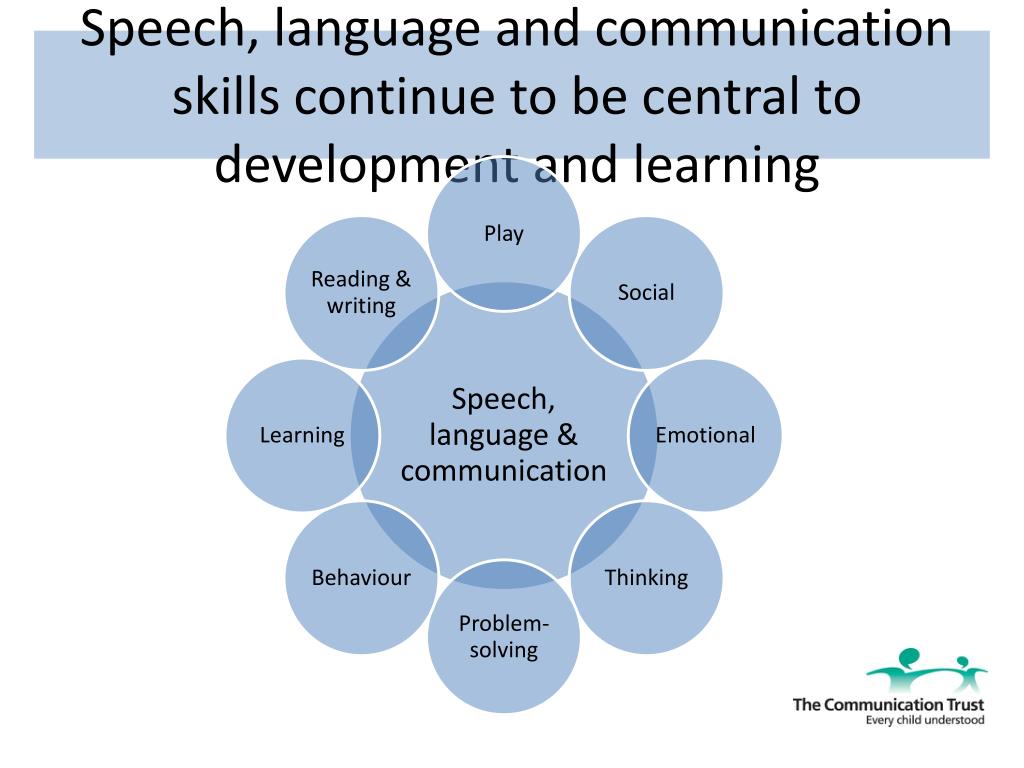
- Completing academic work (e.g. the child may misinterpret verbal or written instructions for tasks and/or struggle with imaginative writing).
- Receptive (understanding) language: Comprehension of language.
- Expressive (using) language: The use of language through speech, sign or alternative forms of communication to communicate wants, needs, thoughts and ideas.
- Articulation: Clarity of speech sounds and spoken language.
- Fluency: The smoothness or flow with which sounds, syllables, words and phrases are produced when talking.
- Voice: The sound that we hear when someone talks which is unique to each person.
- Self regulation: The ability to obtain, maintain and change one’s emotion, behaviour, attention and activity level appropriate for a task or situation in a socially acceptable manner.
- Executive functioning: Higher order reasoning and thinking skills.
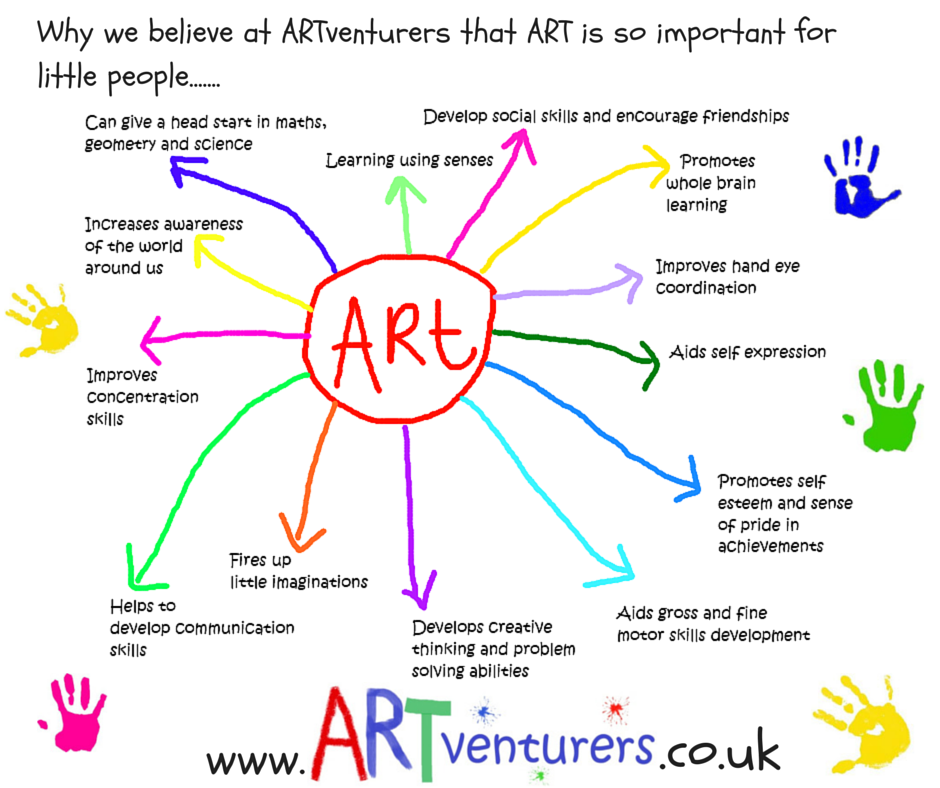
What can be done to improve social skills?
- Play with your child to help develop joint attention, turn-taking, shared interests, cooperation and appropriate play with toys.
- Emotions: Help the child to understand and display their own emotions and to recognise these emotions in other people.
- Empathy: Help the child to understand and recognise how other people are feeling in particular situations.
- Social stories: These are stories which are used to teach children specific social skills that they may find difficult to understand or are confusing. The goal of the story is to increase the child’s understanding by describing in detail a specific situation and suggesting an appropriate social response.
- Social skill groups: These are groups run with the express purpose of mastering social interaction with others.
What activities can help improve social skills?
- Visuals: Make up a poster of rules to remember when starting a conversation (e.
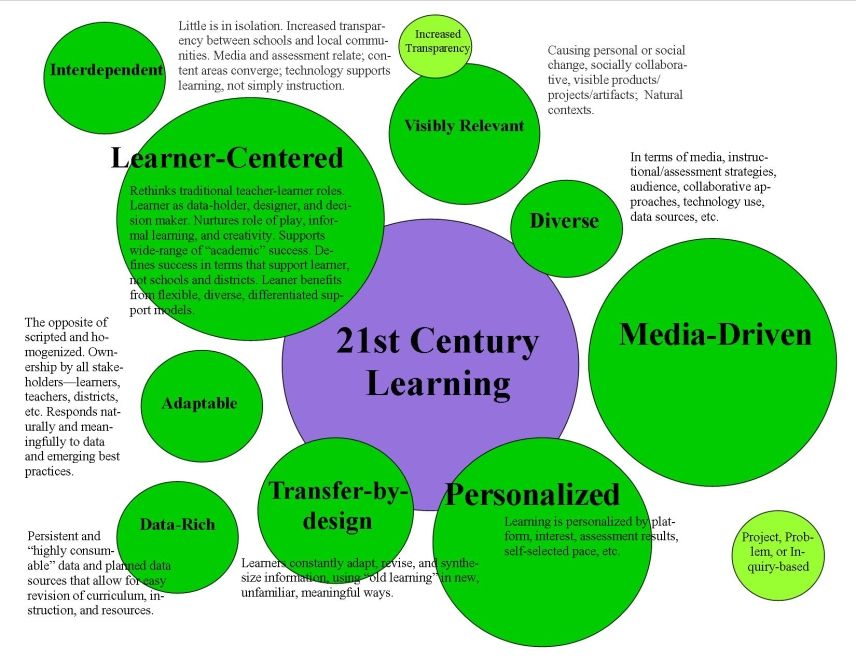 g. using a friendly voice, making eye contact, using appropriate greetings, such as ‘hello’).
g. using a friendly voice, making eye contact, using appropriate greetings, such as ‘hello’). - Role play: Practise playground/party scenarios where the child does not know anybody. Model and create a list of different things you can say:
- To join others who are playing (e.g. “Can I play too?”).
- To introduce yourself (e.g. “Hi my name is ….”).
- To politely negotiate with peers (e.g. “I don’t want that one. Can I have the blue car please?”).
- Sing songs, such as ‘If you’re happy and you know it’ to help teach a child about different emotions.
- Masks: Make masks together to help improve eye contact.
- Turn taking: Play turn taking games (e.g. board games) to encourage a child to say whose turn it is in the game (e.g. “My turn”, “Your turn”).
- Games: Play board games with the child. Make sure the child is not always the ‘winner’ so that they learn about ‘losing’ in a game and are able to cope better when this happens with their peers.
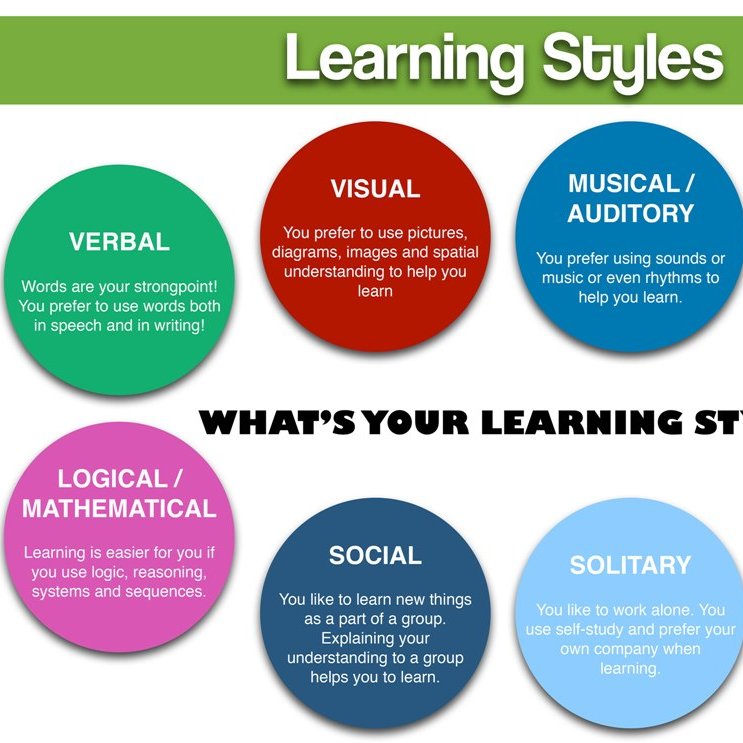
- Bean bag conversation: Throw a bean bag around a circle and each child takes a turn to contribute to the conversation. Think of different ways to contribute to the conversation (e.g. ask a question, comment on what has been said, add something related to the topic).
- Watch and comment: Role play different situations and comment about appropriate and inappropriate attempts of communication (e.g. standing too close or too far from another person, not using appropriate eye contact, interrupting a conversation).
Why should I seek therapy if I notice difficulties with social skills in my child?
Therapeutic intervention to help a child with social skills difficulties is important to:
- Help a child to engage appropriately with others during play, conversation and in interactions.
- Help a child to develop friendships at school and when accessing out of school activities (e.g. playing sport, attending a group such as Scouts).

- Help a child maintain friendships with peers.
- Help a child to behave appropriately during interactions with familiar people (e.g. parents, siblings, teachers, family friends) and unfamiliar individuals (e.g. adults and children they may need to engage with during excursions and when visiting places, such as the park or swimming pool).
- Assist a child in developing their awareness of social norms and to master specific social skills (e.g. taking turns in a conversation, using appropriate eye contact, verbal reasoning, understanding figurative language).
- Develop appropriate social stories to help teach the child about how to respond in specific social situations.
- Some children require explicit teaching about how to interact and communicate with others as these skills do not come naturally to them.
If left untreated what can difficulties with social skills lead to?
When children have difficulties with social skills, they might also have difficulties with:
- Making new friends.
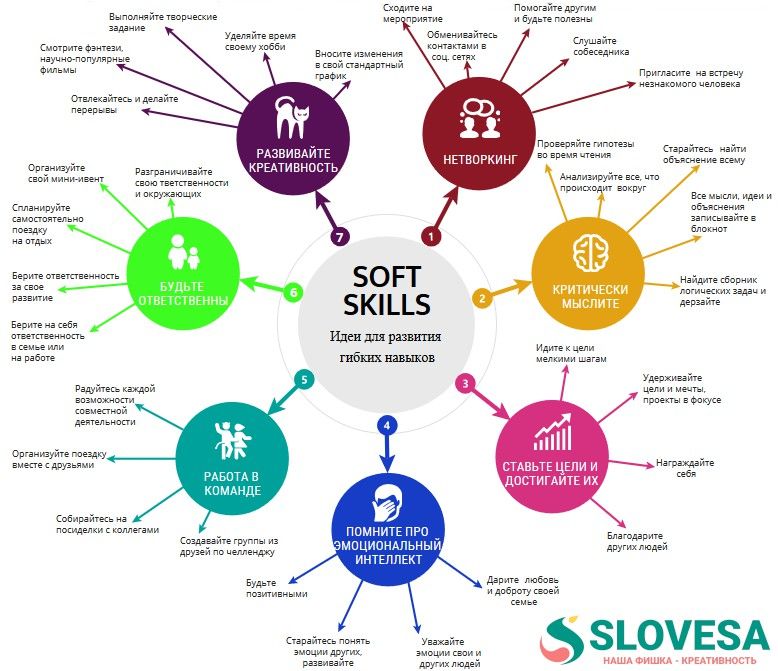
- Maintaining friendships with peers.
- Communicating effectively with unfamiliar individuals during situations including asking for assistance in a shop, asking for directions if they are lost and negotiating with someone with whom they have had a disagreement.
- Reading/understanding social situations.
- Understanding jokes and figurative language during interactions with others, and when watching television shows and movies and reading books.
- Coping with failure.
What type of therapy is recommended for social skill difficulties?
If your child has difficulties with social skills, it is recommended they consult a Speech Therapist.
If there are multiple areas of concern (i.e. beyond just social skills) both Occupational Therapy and Speech Therapy may well be recommended to address the functional areas of concern. This is the benefit of choosing Kid Sense provides both Occupational Therapy and Speech Therapy.
The importance of a child's social skills article
Every child, as he grows up, comes into greater contact with the people around him. From how sociable he is, how he knows how to demonstrate his thoughts and feelings, how he reacts to the words and actions of people largely depends on whether he will be successful in life, in schooling, in his personal development.
From how sociable he is, how he knows how to demonstrate his thoughts and feelings, how he reacts to the words and actions of people largely depends on whether he will be successful in life, in schooling, in his personal development.
The kid lives in society, he must be adapted in it. That is why the process of forming social and communication skills in children is so important. nine0003
Clarifying the concept
Social skills arise in a child against the background gaining knowledge about the world in which he lives, about his own place in society, about how people interact with each other. Appropriating ways of communicating with others, by trying them on themselves, the preschooler masters the skills of flexible interaction.
Thus, social skills should include:
- mastery of generally recognized ways of behavior;
- the ability to explain one's position, to agree on something; nine0014
- show emotions;
- listen to the interlocutor;
- make demands and resolve conflicts that arise.
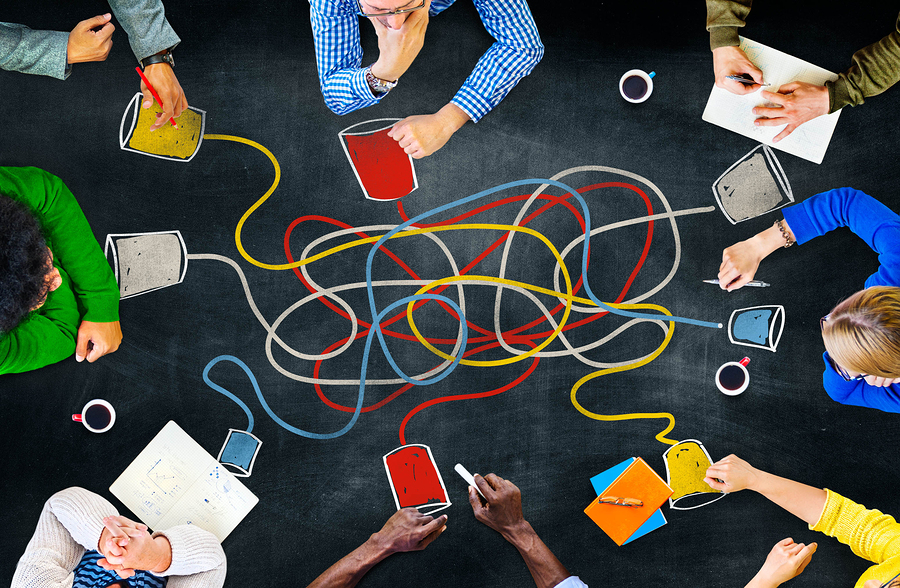
Manifestations of social skills can be verbal or gestural, by all means of body language. A long period of mastering all this arsenal called socialization.
Communication is communication. Everything that helps a person to explain his thought refers to communication skills. The more intelligibly a person conveys information to others, the better he understands what they want to say to him, the easier it will be to build relationships with partners in the game, study, and at home. nine0003
The importance of social skills
A very important period for the development of a child's personality is preschool childhood. At this stage, he learns a lot about the world around him and identifies himself as a member society. It is important not to miss the opportunity to form social and communication skills at preschool age.
Before kindergarten, the child is the center of attention of his family. But when it's time to "go out", many have difficulty communicating with adults and children.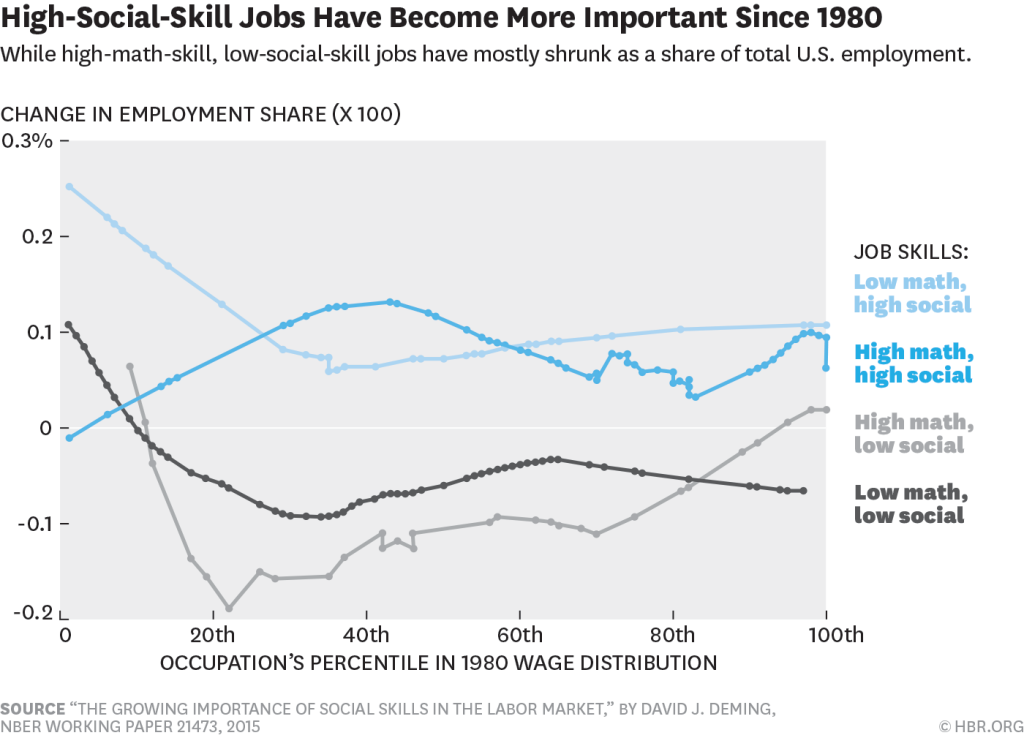 nine0003
nine0003
It is a problem for them to get to know or simply contact a peer. They are embarrassed to respond. They don't know how to maintain the contact that has arisen. They find it difficult to express your sympathy, regret, love. As a result, the little "beech" is outside the team.
The child loses the opportunity to assimilate the social norms of communication, the knowledge of moral and ethical guidelines passes by. Self-determination in the children's team accompanied by great difficulties, low self-esteem is formed. nine0003
The role of the family
The development of children's social skills begins in a family environment with natural daily interactions. Mom and dad unobtrusively introduce spiritual values, talk about proper behavior, teach initial etiquette and partnerships.
Wise adults should make sure that children learn about their rights and obligations, learn to set limits for communication with people of different ages, and be able to find their place in the social system.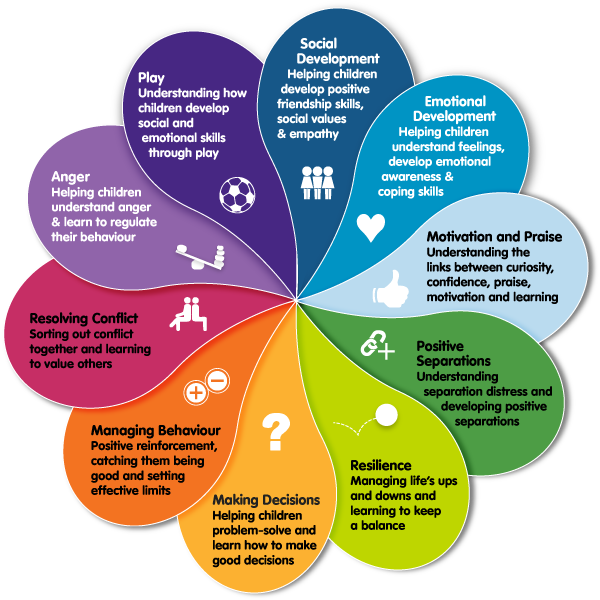 nine0003
nine0003
Unfortunately, the rhythm of modern life is so hard that parents sometimes do not find time to reveal to their children the secrets of human communication and correct communication. behavior. Children's educational centers can provide real help.
What will be taught at the center
The Children's Developmental Learning Center was created to ensure that the child who comes to the classes will reveal his or her personal potential to the maximum. Leading activity preschoolers is a game. Through it, children learn about the world and adapt to it. Therefore, each lesson of any orientation is filled with game components. Through the game center educators:
- introduce generally accepted behavioral norms, simulate situations of communication with peers, teach polite communication with adults;
- help to realize their gender and citizenship;
- teach basic safe behavior skills.
In the game, the preschooler becomes the subject of an activity in which he must prove himself as a person, find a way to solve a particular problem. Guys don't do it. difficult, because everything happens as if for fun. But they survive the situation and subconsciously learn the rules of behavior and communication quite seriously. nine0003
Guys don't do it. difficult, because everything happens as if for fun. But they survive the situation and subconsciously learn the rules of behavior and communication quite seriously. nine0003
What is the basis of education in the center
Preschool children have a very vivid imagination. Knowing the age characteristics of children, the ability to find an individual approach to the child allows you to build confidence and independence of each, to teach self-control and communication techniques, to stimulate curiosity and the desire for cooperation.
The relaxed environment of communication, the benevolence of adults help each participant in the classes to realize themselves as a participant in personal and social interactions. At preschoolers develop self-confidence, which will be useful to them in later life. nine0003
Case modeling involving all children is based on the desire to participate in the game. In the course of a lively interesting activity, participants enter into communication, follow the rules and the plot, "try on" this or that social role.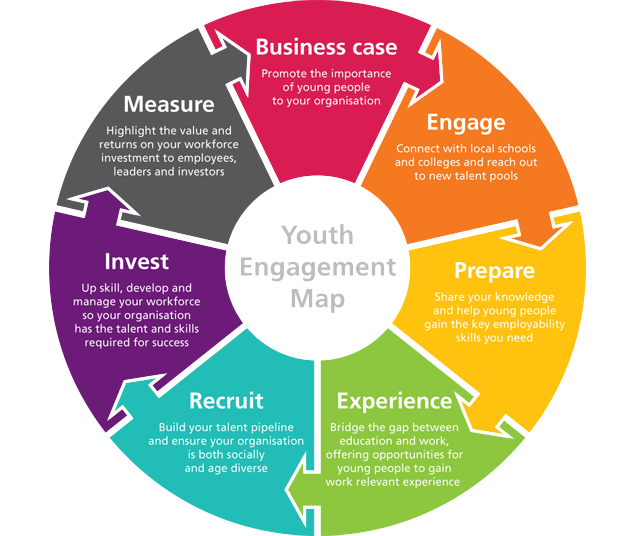 In this case, it is required not only to use personal experience, but also to find a solution in a particular situations.
In this case, it is required not only to use personal experience, but also to find a solution in a particular situations.
Skillfully organized communication in a children's group dictates the need to subordinate actions, words, thoughts to a specific goal, forms purposefulness and primary self-control skills. nine0003
Thus, important social and communication skills are being formed in the conditions of active and interesting activity. The work must be carried out systematically. Conditions for this have been created in the children's center.
10 Reasons Why Social Skills Are Important to Employers • BUOM
While hard skills demonstrate your experience and understanding of specific measurable abilities, social skills often indicate your ability to work with others and grow within a company. Soft skills help you build relationships and solve problems to make full use of your hard skills. Listing interpersonal skills on your resume, showing them off in interviews, and developing them in the workplace can support your career and open up new opportunities for you.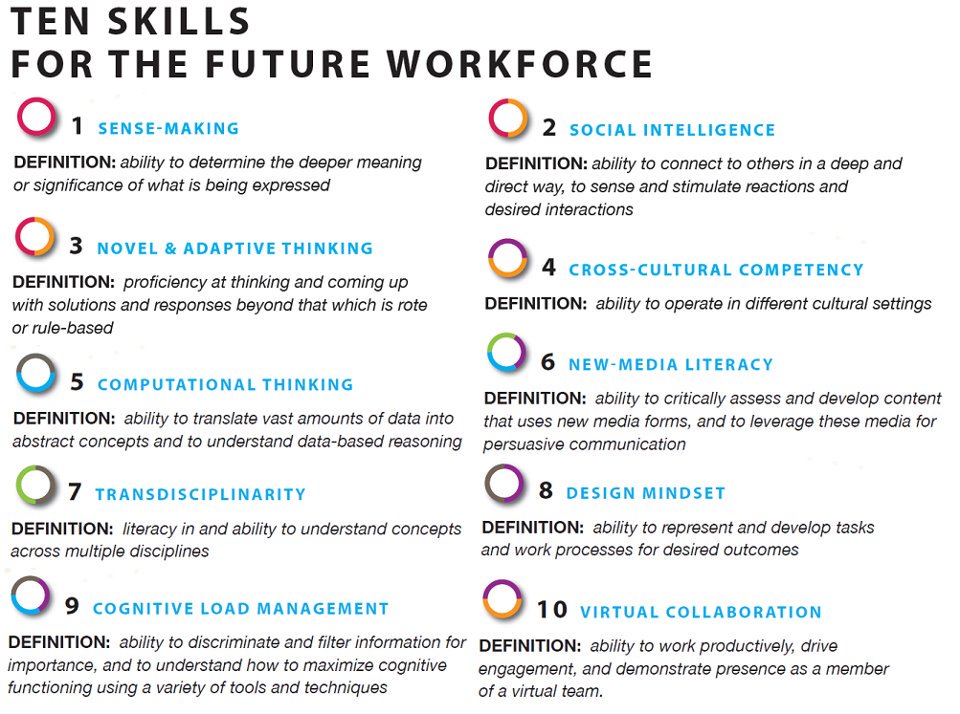 nine0003
nine0003
In this article, we look at ten top reasons why communication skills are important and how they can strengthen your job application.
Who uses soft skills?
Some occupations, such as customer service, are synonymous with interpersonal skills, but all use interpersonal skills regardless of their job. Every time you interact with a colleague, client, or customer, you have the opportunity to use social skills to make your job easier, better, or more efficient. Time management, adapting to new situations, and working well under stress are all soft skills that can be applied to any work environment at any experience level. nine0003
Why are soft skills so important?
Employers recognize the importance of interpersonal skills in the workplace, so it's important that people prioritize social skills when hiring. Soft skills demonstrate that you understand the various characteristics that will help you succeed in the organization and in your particular position.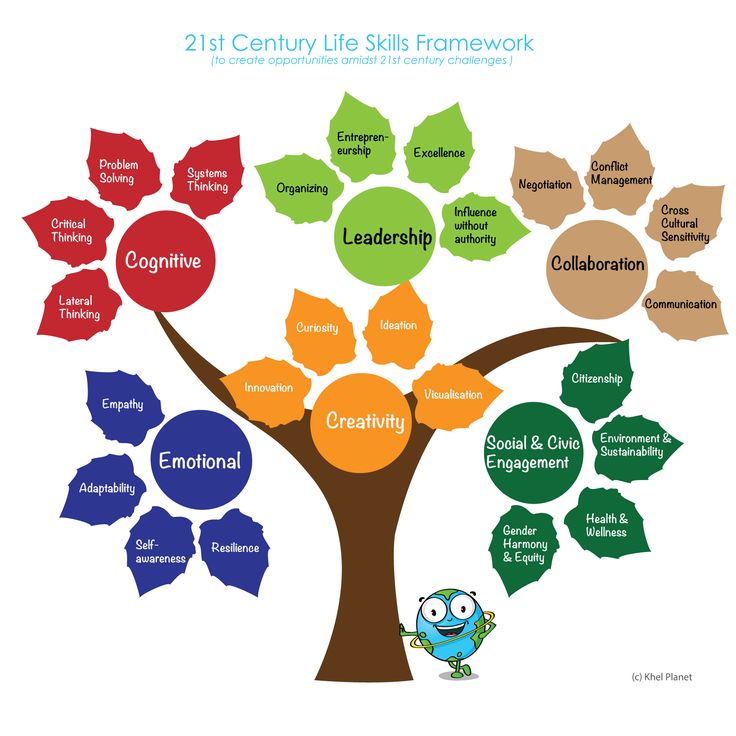 Here are some of the main reasons why communication skills are important in your job search and career development. Soft skills:
Here are some of the main reasons why communication skills are important in your job search and career development. Soft skills:
Specify longevity
When hiring, most employers look for signs that a job seeker will stay with their company for the long haul. If an employee demonstrates the ability to grow within the company, that employer will not have to spend more resources on hiring a replacement. Soft skills like conflict resolution, a sense of purpose, and motivation can make you a long-term asset to employers. Your attitude to work is one of the most important indicators of the duration of work, and employers can use it when choosing between two similar candidates. nine0003
Measure Teamwork
If you are applying for a position as part of a team, the hiring manager will evaluate your application based in part on how well you can fit into the group dynamic. Employers use soft skills as a way to measure your teamwork and communication skills. No matter how good your technical skills are, you need to be a team player to use them effectively.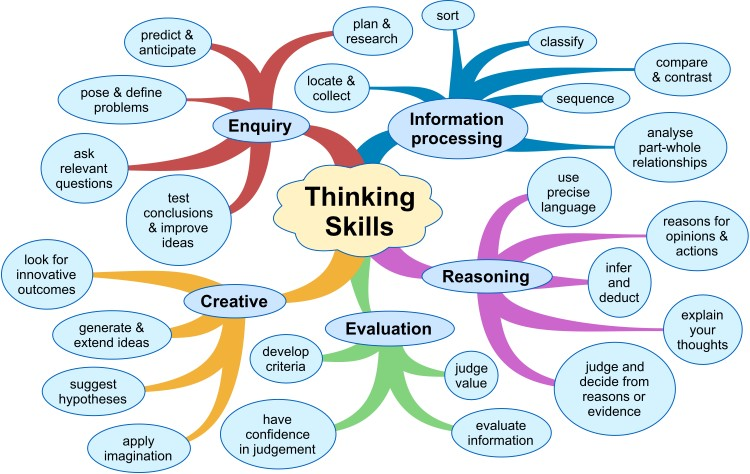 To address the employer's goal of finding a great team member, list interpersonal skills such as flexibility and active listening on your resume. nine0003
To address the employer's goal of finding a great team member, list interpersonal skills such as flexibility and active listening on your resume. nine0003
Maintain relationships
Soft skills not only support your relationships in the workplace, but also determine your success in working with clients and business partners. Employers are looking for employees they can trust to represent the company in a professional and friendly manner. Soft skills distinguish between candidates who are qualified for the job and candidates who will exceed expectations by putting effort into their professional relationships. People with a good aptitude for customer service are good for business in any industry, with any level of experience. nine0003
Network
Soft skills are critical to building and expanding your personal network and professional contacts in the workplace. People with strong interpersonal skills show curiosity, which allows them to achieve professional results and quickly develop industry knowledge. Employers rely on people who have a strong professional network to help them make business connections, provide professional development, and even make hiring decisions. If you can recommend useful services through your network, your employer is likely to value your opinions and ideas more highly. nine0003
Employers rely on people who have a strong professional network to help them make business connections, provide professional development, and even make hiring decisions. If you can recommend useful services through your network, your employer is likely to value your opinions and ideas more highly. nine0003
Promote Growth
Most social skills contribute to your ability not only to make good use of existing skills, but to consistently develop and develop those skills over time. The ability to accept and implement feedback is a soft skill that many people struggle with. Employers also want to hire people who not only respond to criticism from others, but who are constantly looking for ways to improve, even if they are not asked to. Use your soft skills to be self-sufficient and reflective when it comes to work and you can quickly become an outstanding employee. nine0003
Be organized
Attention to detail, time management and the ability to delegate are all social skills that determine how organized you are at work.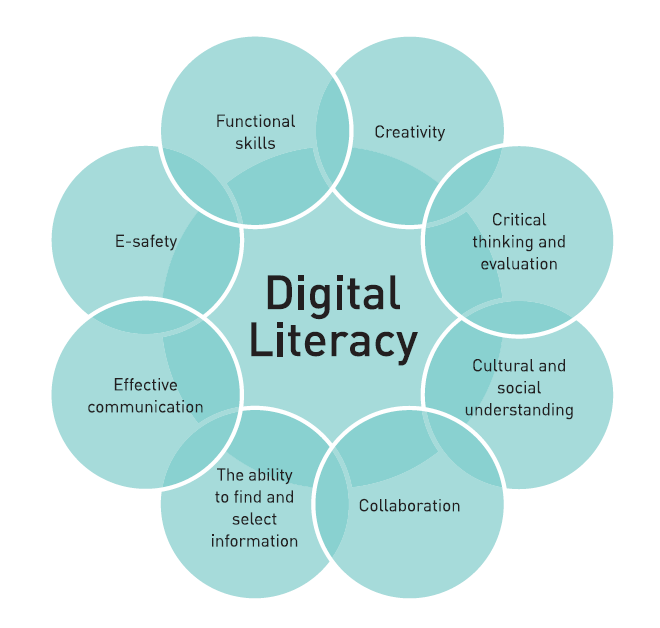 Being organized will help you prove that you are a reliable resource who can not only do your job well, but also do it on time. Organization combined with other soft skills like communication helps you build trust between your team because they know they can rely on you to help them find the information they need. You can start demonstrating your organizational skills to potential employers even before the interview by contacting them in a timely manner and sending them a well-formatted resume. nine0003
Being organized will help you prove that you are a reliable resource who can not only do your job well, but also do it on time. Organization combined with other soft skills like communication helps you build trust between your team because they know they can rely on you to help them find the information they need. You can start demonstrating your organizational skills to potential employers even before the interview by contacting them in a timely manner and sending them a well-formatted resume. nine0003
Show initiative
Employers hire and promote people who regularly demonstrate motivation and initiative. A positive attitude and creativity shows employers that you have the initiative to think about new projects or ways to solve problems. Soft skills also help you implement your ideas by using motivation to transform brainstorming sessions into actionable projects. Highlight your soft skills to show employers that you have plans to grow and inspire others with your focus and drive.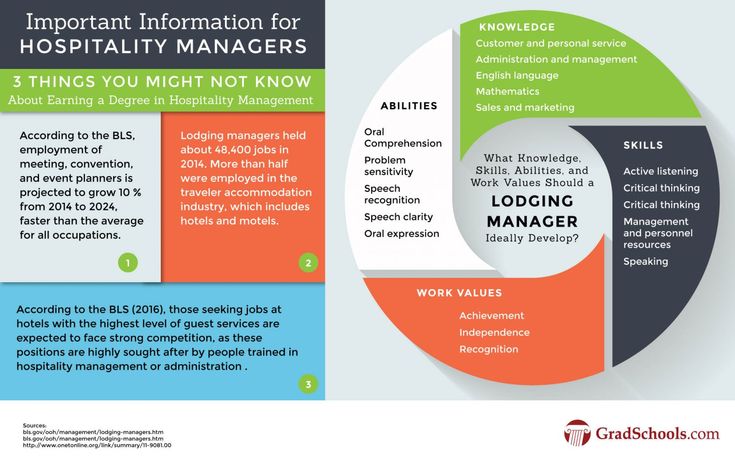 nine0003
nine0003
Develop leadership
Show employers that you have leadership qualities by emphasizing social skills on your resume. Focusing on your soft skills shows that you are thoughtful about how your habits and attitudes affect others in the workplace, which is an integral part of good leadership. One of the reasons employers look for soft skills is because they are more subtle than technical skills and can adapt to different personality types and settings. People with strong interpersonal skills can analyze what leadership strategies their team needs to succeed and apply different strategies for each situation. nine0003
Become more confident
Your social skills can help you deal with problems in the workplace with confidence. Your confidence will help you influence others and convince them of your point of view in professional situations. This can be especially helpful during an interview when your confidence in your interpersonal skills can convince an employer to choose you over another candidate.